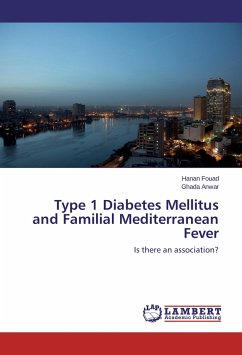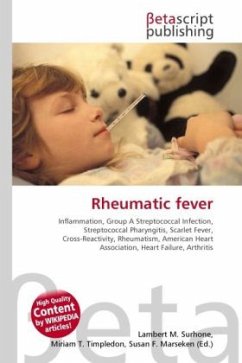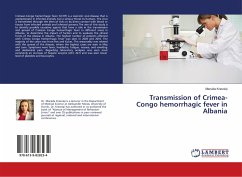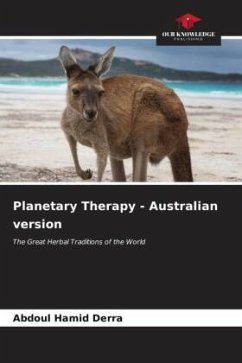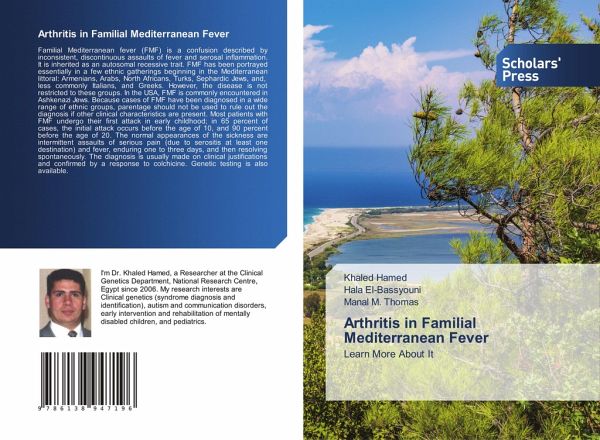
Arthritis in Familial Mediterranean Fever
Learn More About It
Versandkostenfrei!
Versandfertig in 6-10 Tagen
30,99 €
inkl. MwSt.

PAYBACK Punkte
15 °P sammeln!
Familial Mediterranean fever (FMF) is a confusion described by inconsistent, discontinuous assaults of fever and serosal inflammation. It is inherited as an autosomal recessive trait. FMF has been portrayed essentially in a few ethnic gatherings beginning in the Mediterranean littoral: Armenians, Arabs, North Africans, Turks, Sephardic Jews, and, less commonly Italians, and Greeks. However, the disease is not restricted to these groups. In the USA, FMF is commonly encountered in Ashkenazi Jews. Because cases of FMF have been diagnosed in a wide range of ethnic groups, parentage should not be u...
Familial Mediterranean fever (FMF) is a confusion described by inconsistent, discontinuous assaults of fever and serosal inflammation. It is inherited as an autosomal recessive trait. FMF has been portrayed essentially in a few ethnic gatherings beginning in the Mediterranean littoral: Armenians, Arabs, North Africans, Turks, Sephardic Jews, and, less commonly Italians, and Greeks. However, the disease is not restricted to these groups. In the USA, FMF is commonly encountered in Ashkenazi Jews. Because cases of FMF have been diagnosed in a wide range of ethnic groups, parentage should not be used to rule out the diagnosis if other clinical characteristics are present. Most patients with FMF undergo their first attack in early childhood; in 65 percent of cases, the initial attack occurs before the age of 10, and 90 percent before the age of 20. The normal appearances of the sickness are intermittent assaults of serious pain (due to serositis at least one destination) and fever, enduring one to three days, and then resolving spontaneously. The diagnosis is usually made on clinical justifications and confirmed by a response to colchicine. Genetic testing is also available.





